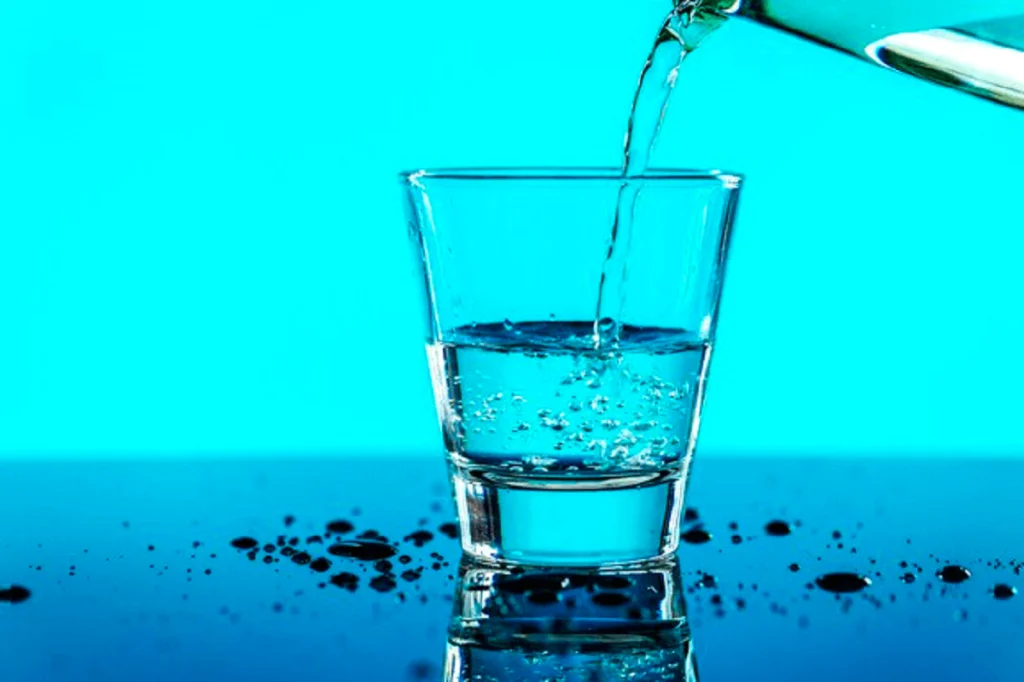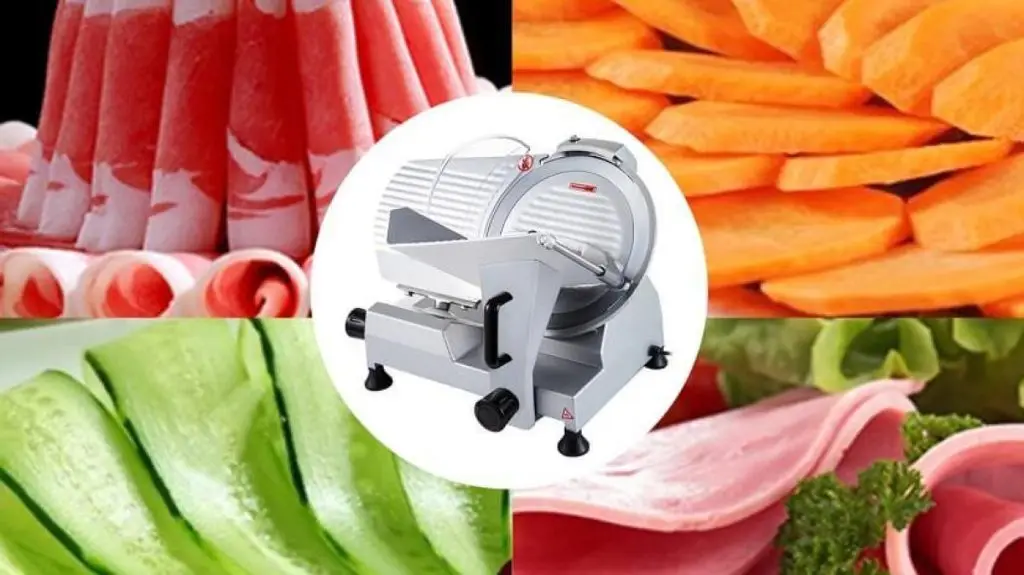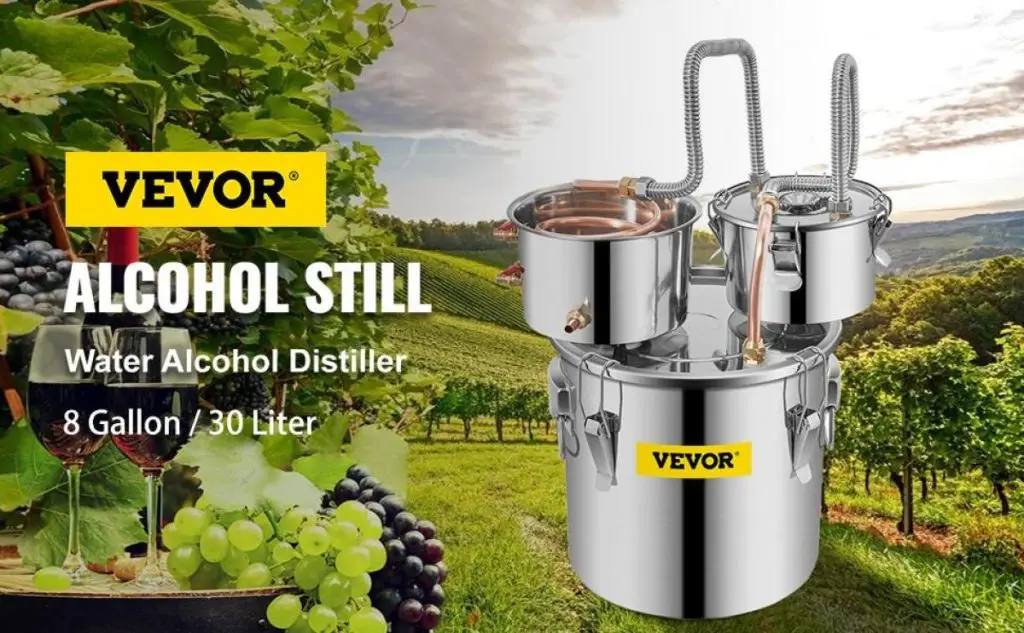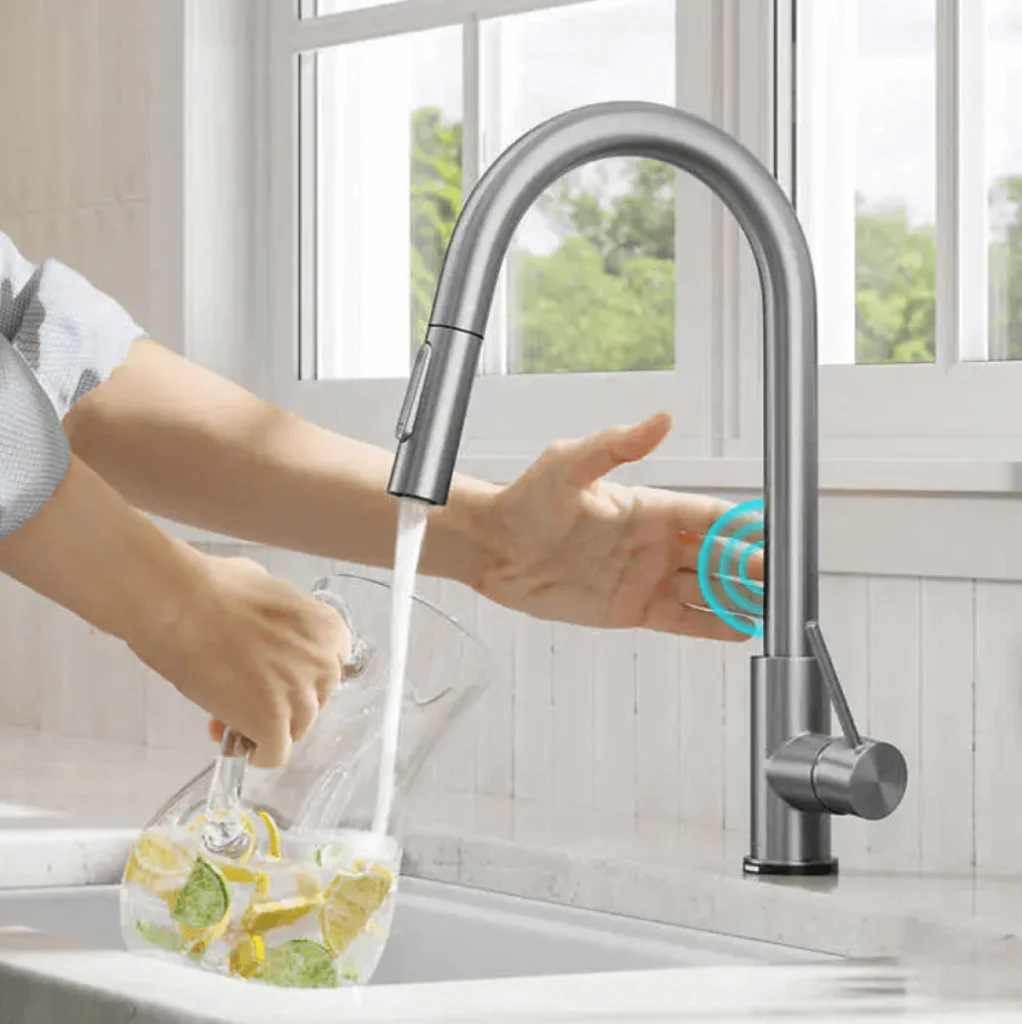Water is one of the most important elements for our health and wellbeing. With so many options like tap, bottled, filtered, and distilled water readily available, it can be confusing to know which type is best for different uses. Many wonder if filtered water is distilled water and if they can be used interchangeably. Understanding the key differences between distilled water v filtered water can help you make an informed decision when choosing between them.
With products like the VEVOR Water Distiller, producing high-quality distilled water at home is easier than ever. Comparing filtration methods and chemical compositions is the best way to determine if distilled and filtered water are indeed equivalent.
Table of contents
What is Distilled Water?
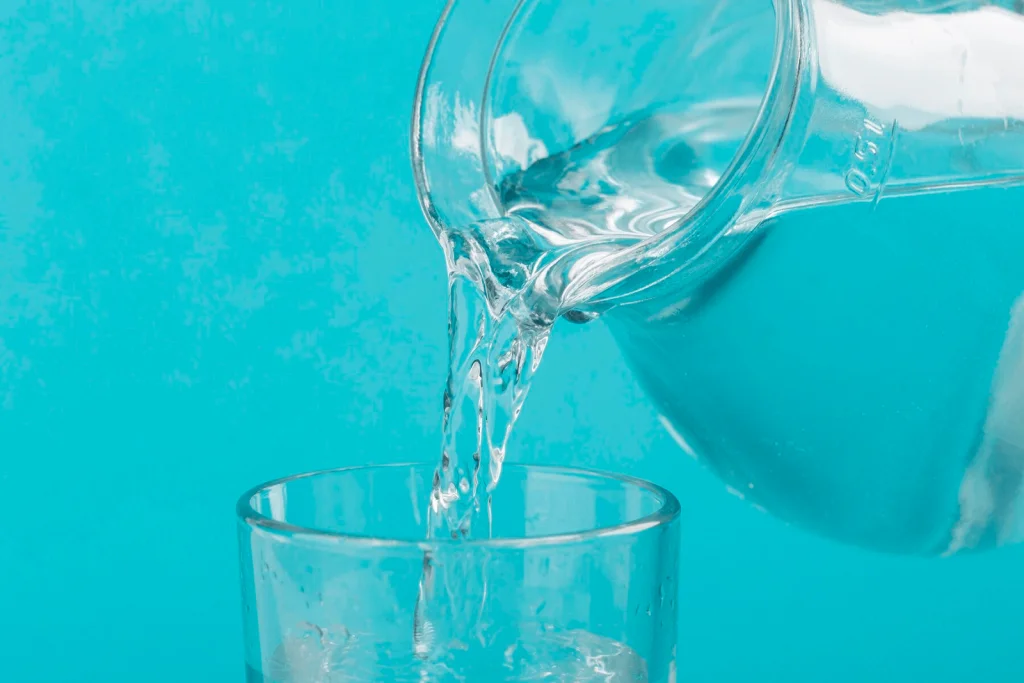
Distilled water is water that has been purified through a process called distillation. This involves heating water to its boiling point, capturing the steam, and allowing it to cool and condense back into liquid water. Distillation dates back thousands of years as an effective method for removing impurities and salts from water.
The high heat vaporizes the water, leaving behind contaminants and mineral content. The resulting distilled water is extremely pure, containing almost no minerals or compounds. With a neutral pH and lack of taste, it has been described as “flat” or “bland” tasting.
Modern distillers like the VEVOR Water Distiller provide an easy and efficient way to produce purified distilled water at home. With contamination and minerals reduced to near zero parts per million, distilled water achieves an exceptional level of purity through the natural distillation process.
What is Filtered Water?
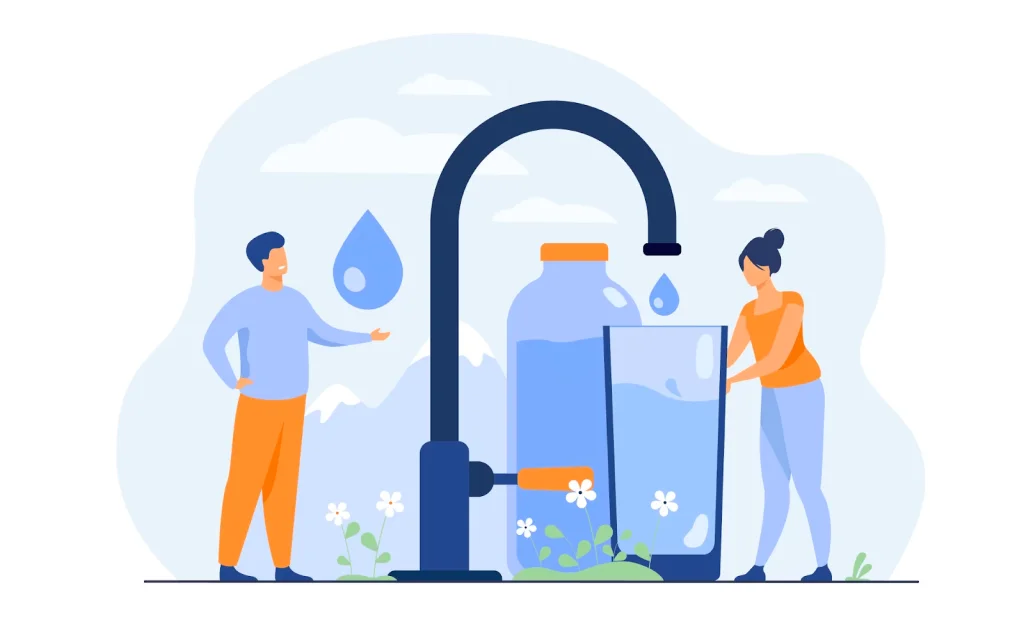
Filtered water is water that has passed through a filtering process to remove impurities and contaminants. Common filtration methods include reverse osmosis, activated carbon filtration, and micron filtration.
- Reverse osmosis uses high pressure to force water through a semipermeable membrane that traps particles.
- Activated carbon filters contain carbon material that absorbs chemicals and improves taste and odor.
- Micron filtration uses porous membranes to filter out particles and microorganisms based on size. Unlike distillation, most filtration methods do not fully remove minerals from the water.
This allows some beneficial minerals like calcium, magnesium, and potassium to remain, giving filtered water a slightly more natural taste. However, the VEVOR Water Distiller takes purification a step further by using heat to vaporize water and isolate it from all dissolved minerals. This achieves superior purity compared to standard filtration, but loses the mineral content that provides flavor.
Distilled Water vs. Filtered Water: The Key Differences

While both distilled and filtered water go through purification processes to remove impurities, there are some key differences between the two.
The distillation process involves boiling water and collecting the steam, leaving behind dissolved minerals and compounds. This results in water of exceptional purity, free of bacteria, chemicals, and minerals. Filtered water passes through filters to trap particles, but typically retains some naturally occurring minerals.
This leads to a very distinct taste profile – distilled water is flat, neutral, and tasteless, while filtered water has a slightly more refreshing flavor from minerals like calcium and magnesium. Those who dislike the flat taste of distilled often prefer filtered water.
However, the lack of minerals in distilled water can be beneficial for appliances like steam irons, humidifiers, and CPAP machines that can get mineral buildup. The purity makes distilled water ideal for scientific experiments, automotive uses, and healthcare when mineral-free water is required.
In contrast, filtered water tends to be preferred for drinking and cooking since it contains some beneficial minerals our body needs like potassium, calcium, and magnesium. Completely demineralized distilled water can potentially leach minerals from the body over time. However, moderate distilled water consumption is generally safe.
While filtered water removes many contaminants, distillation is superior for removing viruses, microorganisms, inorganic materials, and toxic chemicals. Its sterility and purity surpass typical filtration methods. However, filters excel at removing specific particles and chemicals.
When it comes to health, distilled water may have some antioxidant benefits from its increased hydrogen content. But there is still debate over the health effects of its low mineral content compared to filtered water.
Home distillers like the VEVOR Water Distiller provide high-quality distillation and make it easy to reap the unique benefits of mineral-free distilled water. It uses an electric heating element and cooling coil to efficiently mimic natural distillation. For medical, scientific, and purification uses where mineral content and non-neutral pH can cause issues, distilled water is a clear choice. But when some minerals and better taste are desired, filtered water may be preferred for drinking and cooking.
Both produce clean, potable water, but the differences in mineral content, taste, and purification levels mean distilled and filtered water are not interchangeable. Understanding the nuances helps choose the best water for specific needs.
Health Implications of Distilled and Filtered Water
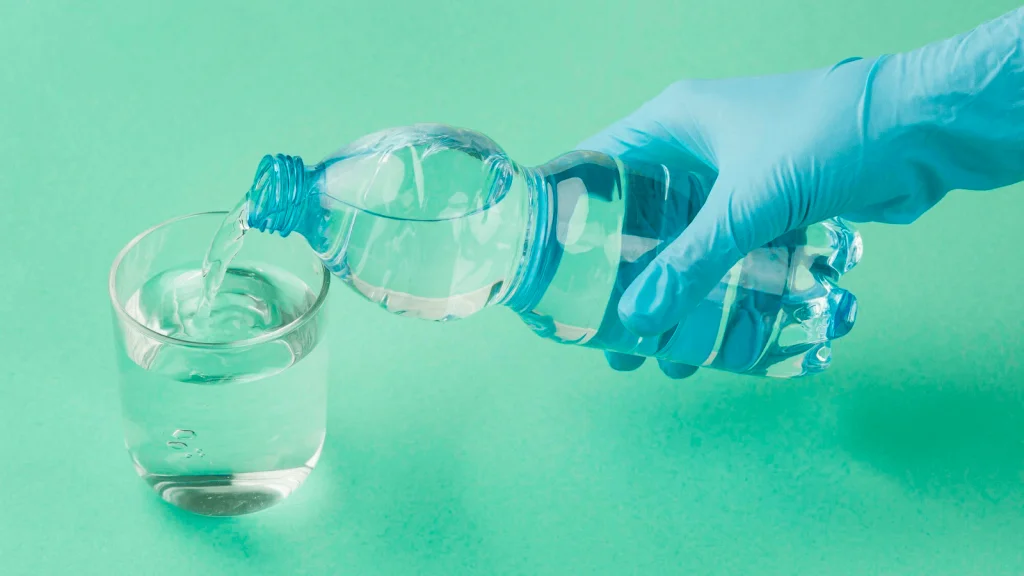
The lack of minerals in distilled water has raised some health concerns, while filtered water is often viewed as healthier due to retaining beneficial minerals.
Since distillation removes all mineral content, drinking only distilled water long-term may cause mild mineral deficiencies over time if the diet does not provide adequate mineral intake. Calcium, magnesium, and essential electrolytes are examples of minerals the body needs that distilled water lacks. This has raised concerns about potential impacts on bone health, heart function, and metabolism.
However, moderate distilled water consumption is not inherently dangerous. Potential issues mainly arise from extremely high intakes over prolonged periods, or in those with already inadequate mineral intake. For most people, diet provides enough minerals to offset diluted mineral levels from some distilled water ingestion. Monitoring mineral levels and supplementing if deficient can further counteract risks.
Distilled water’s lack of minerals also gives it a neutral pH around 7. Drinking high amounts could theoretically disrupt the body’s optimal slightly alkaline pH. However, research shows even large consumption of neutral water has little effect on blood or cellular pH.
Filtered water avoids these issues by retaining helpful amounts of some minerals and trace elements. Its mineral composition more closely resembles natural water sources. This provides essential minerals that may be lacking in distilled water. Consuming filtered water may help support bone, heart, muscle, and metabolic health.
However, filtration removes heavy metals and harmful contaminants that even trace minerals cannot counteract. So filtered water still promotes health and hydration, without the small risks from mineral deficiency.
For most drinking and cooking uses, filtered water with some mineral content is generally preferred. But the VEVOR Water Distiller can provide pure distilled water for specialized needs like automotive batteries and medical equipment where mineral buildup causes problems. Short-term distilled water consumption is also safe for most healthy individuals.
Understanding each type’s unique mineral profile and potential health implications allows people to make informed choices about the best water to drink and use day-to-day for both health and appliance needs.
Practical Applications: When to Use Distilled vs. Filtered Water

When it comes to drinking and cooking, filtered water is generally the best choice since it contains essential minerals and electrolytes. Distilled water’s lack of minerals makes it less ideal for regular consumption. However, the purity of distilled water makes it perfect for use in appliances like irons, humidifiers, and CPAP machines that are prone to mineral buildup. Distilled water can also be used for scientific experiments, automotive batteries, and medical equipment that require impurity-free water.
Home distillers like the VEVOR Water Distiller provide high-quality distilled water for these specialized applications. Meanwhile, filtered water is better suited for everyday drinking, preparing food, taking medication, and maintaining health since it retains helpful minerals. Considering the unique properties and mineral content of each type of water allows people to make informed decisions on the best uses for distilled and filtered water based on their specific needs.
FAQs about Distilled vs Filtered Water
Q: What is the difference between distilled water and filtered water?
A: Filtered water retains helpful minerals, so it is generally preferable for day-to-day drinking and cooking. However, distilled water’s mineral-free purity makes it ideal for specialized uses like medical equipment.
Q: Does distilled water remove viruses and bacteria?
A: Yes, the distillation process effectively kills viruses, bacteria, and microorganisms, giving distilled water extremely high purity.
Q: Is distilled water filtered?
A: Drinking moderate amounts of distilled water is safe for most healthy people. But it may not be ideal as a sole long-term source of water due to its lack of minerals.
Q: Can I use filtered water instead of distilled water?
A: Not always – appliances prone to mineral buildup require the purity of distilled water. The mineral content of filtered water may still leave deposits.
Q: Is the VEVOR Water Distiller healthy?
A: Yes, the VEVOR distiller provides contaminant-free distilled water that is safe for drinking and cooking in moderation. It is also useful for medical and appliance needs requiring mineral-free water.
Conclusion
While distilled water vs filtered are both purified to remove contaminants, they have distinct differences that make them not interchangeable. Distillation produces mineral-free water ideal for specialized uses where purity is paramount. But filtered water retains helpful minerals and is better for drinking and cooking. Understanding that the purification methods, mineral contents, and tastes are not the same allows you to choose the best water for your needs.
For producing purified distilled water at home, the VEVOR Water Distiller is an excellent option. With an efficient electric heating element and cooling coil, it mimics natural distillation to create contaminant-free water. Ultimately, being informed about the unique properties of distilled and filtered water enables you to utilize both types for optimal health and functionality.

